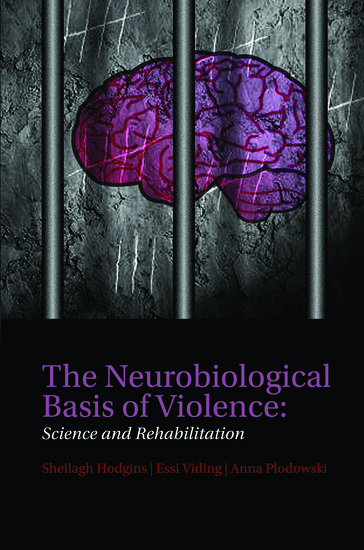
Science and Rehabilitation

Science and Rehabilitation

There has been an explosion of knowledge about the developmental & neurobiological processes that lead to persistent violent offending. This book shows what can be achieved by integrating neuroscience with clinical practice, presenting a way forward for the development of effective treatments for persistent violent offending.
Levertijd op aanvraag
In recent years, there has been an explosion of knowledge concerning the developmental processes that lead to persistent violent offending, and in particular, the neurobiological determinants. However, the field of violence has suffered from a divide between basic laboratory neuroscience and clinical science. Hence, this new knowledge has hitherto had little impact on government policies, prevention programmes, and on the rehabilitation of offenders.
This book embraces a translational approach to treating the problem of violent offending. It highlights some of the key scientific challenges, as well as the dilemmas and difficulties in the translation of scientific findings (whether basic or clinical) into policy and practice applications. Using findings derived from studies in molecular genetics, and brain imaging, it provides the latest field of knowledge about violent offending and how to treat and prevent this major problem.
The book starts by examining what we know about the development of persistent violent offenders and the factors and mechanisms thought to underlie their pattern of aggressive behaviour. Subsequent chapters describe studies looking at the cognitive and neural functioning of persistent violent offenders, and the kind of children at risk of becoming violent offenders. The chapters in the latter part of the volume review the effectiveness of rehabilitation programmes for adult violent offenders. The book ends by focusing on the establishment of effective interventions for children at risk of becoming violent offenders and for mothers who are at risk of having at-risk children.
Throughout, the volume emphasizes the need to consider both biological and non-biological factors as promoters of violence. For neuroscientists, criminologists, psychologists, and psychiatrists, this state of the art volume demonstrates just what can be achieved by integrating neuroscience with clinical practice, and presents a way forward for the development of effective treatments for persistent violent offending.